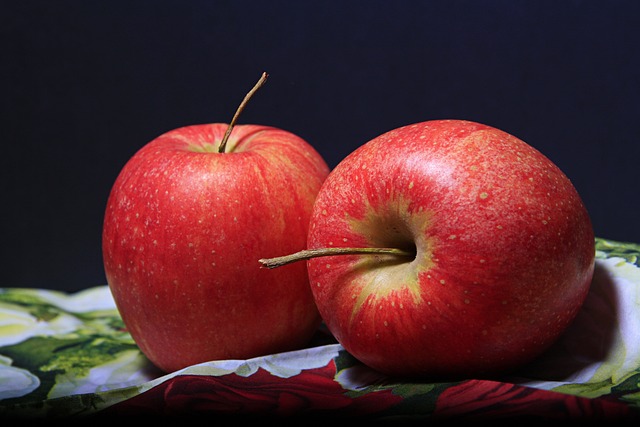When we talk about probiotics, most people immediately think of yogurt. While yogurt is indeed a good source of probiotics, there are also many other lesser-known sources that can provide even greater benefits for our overall wellness. In this article, we will explore some of these alternative sources that go beyond yogurt.
1. Kefir
Kefir is a fermented milk drink that has been consumed for centuries. It is made by fermenting milk with kefir grains, which are a combination of bacteria and yeast. The fermentation process not only creates probiotics but also produces other beneficial compounds such as vitamins, minerals, and enzymes.
Kefir has a tart and slightly tangy taste, similar to yogurt. It can be enjoyed on its own or used in smoothies, salad dressings, or even as a substitute for buttermilk in baking recipes. Its probiotic content helps support gut health, enhances digestion, and strengthens the immune system.
2. Sauerkraut
Sauerkraut is a traditional German dish made from fermented cabbage. The fermentation process breaks down the natural sugars in cabbage and transforms them into lactic acid, which gives sauerkraut its distinctive sour taste. Alongside the lactic acid, sauerkraut is packed with beneficial bacteria that promote a healthy gut.
Adding sauerkraut to your diet not only provides you with probiotics but also offers other health benefits. It is rich in fiber, vitamins C and K, and minerals such as potassium and calcium. It can be enjoyed as a side dish, added to sandwiches or salads, or used as a topping for hot dogs or sausages.
3. Kimchi
Kimchi is a traditional Korean side dish made from fermented vegetables, typically cabbage. It is spiced with a variety of ingredients such as garlic, ginger, and chili pepper flakes, giving it a distinctive flavor. Kimchi is not only delicious but also highly nutritious.
The fermentation process of kimchi not only enhances its flavor but also increases its probiotic content. The healthy bacteria found in kimchi help to maintain a healthy balance of gut flora, improve digestion, and support the immune system. Kimchi can be enjoyed on its own as a side dish, added to rice bowls or stir-fries, or used as a topping for tacos and burgers.
4. Miso
Miso is a traditional Japanese seasoning made from fermented soybeans. It has a rich, savory flavor and is commonly used in soups, marinades, and dressings. Miso is a concentrated source of probiotics, providing the gut with beneficial bacteria for optimal health.
In addition to probiotics, miso is also rich in essential amino acids, vitamins, and minerals. It is known for its immune-boosting properties and its ability to improve digestion. Miso can be used to add flavor to a wide range of dishes, including soups, stews, glazes, and even desserts.
5. Tempeh
Tempeh is a traditional Indonesian food made from fermented soybeans. It has a firm, chewy texture and a nutty flavor. Tempeh is not only a great source of plant-based protein but also a rich source of probiotics.
The fermentation process involved in making tempeh breaks down the soybeans, making them easier to digest and increasing their nutrient availability. The probiotics found in tempeh can help improve digestion, support immune function, and reduce inflammation. Tempeh can be used as a meat alternative in stir-fries, burgers, and sandwiches or enjoyed on its own as a protein-rich snack.
While yogurt is certainly a popular and accessible source of probiotics, it’s important to explore other options to diversify the friendly bacteria in our gut. Including kefir, sauerkraut, kimchi, miso, and tempeh in our diet can provide a wider range of probiotic strains that can contribute to our optimal wellness. So, next time you’re looking to boost your gut health, look beyond yogurt and give these lesser-known probiotic sources a try!







